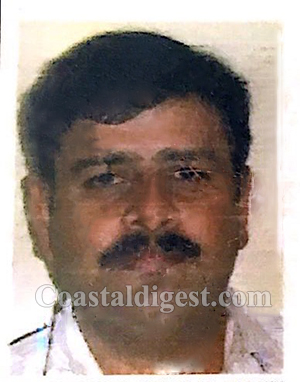Bengaluru, Apr 24: Karnataka is likely to start Convalescent Plasma Therapy for COVID-19 patients, who are critical, from tomorrow, Medical Education Minister K Sudhakar said here on on Friday. "We have already got approval for Convalescent Plasma Therapy.
There is no need for any special permission for it....when I was in BMC (Bangalore Medical College) I spoke to We may probably start it for the first patient from tomorrow itself. The donor has also agreed," Sudhakar said.
Speaking to reporters here, he said the convalescent Plasma Therapy was only for patients who are critical, in Intensive Care Units or on ventilator. According to the latest update, five COVID-19 patients are in ICUs in the state.
After attending video conferencing by Union Health Minister Harsh Vardhan with health and medical education Ministers of all states, Sudhakar said the Minister lauded the good practices adopted by Karnataka in its fight against COVID-19 and asked to share the same with other states.
Responding to a question, he made it clear that COVID-19 is something that was not going to end by May 3 or by May end and like other viruses, would continue to exist. Sudhakar, who is leading the government's efforts against COVID-19 in Bengaluru and is in charge of the state war room, said many people are treating corona as a social stigma, which was not right.
There was no reason to get frightened about it as the infection can be cured, he said. "We have to take precautions so that it doesn't spread further....like fever, cold and cough- corona also can be cured... 97% people it can be cured, those with comorbidity and those above 60 years have to take some precautions. We have to bring in certain changes in our lifestyle and maintain social distancing," he added.
 Udupi, Jun 19: An Indian expatriate from Udupi district of Karnataka was killed in a road accident in Kingdom of Saudi Arabia on Saturday.
Udupi, Jun 19: An Indian expatriate from Udupi district of Karnataka was killed in a road accident in Kingdom of Saudi Arabia on Saturday.



Comments
Innaa Lillaahi Wa Innaa Ilaihi Raajiwoon
Inna Lilla hi wa inna ilahi rajioon
May Allah bless his soul & Magfira
INNA LILLAHI WA INNA ILAIHI RAJIWOON....
\Inna lillahi va inna ilahi rajioon\""
Inna lillahi wa inna elahi Rajivoon..... Condolences to the Family.....
Add new comment